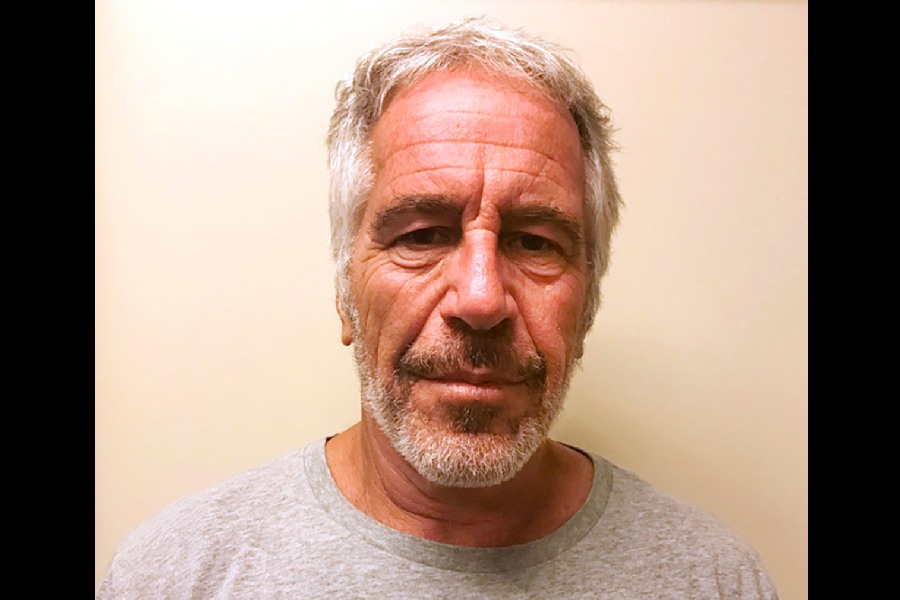New Delhi: An inquiry into hospital bills after a dengue death in the capital has prompted India's medicines regulator to corroborate long-standing concerns that drug prices in India allow hospitals to claim huge chunks of profits, costing patients thousands of additional rupees.
The National Pharmaceutical Pricing Authority (NPPA) on Friday released documents that suggest that a Fortis Healthcare hospital branch in Gurgaon had made profits up to 900 per cent on drugs and 1200 per cent on syringes, charging prices to patients far higher than procurement costs.
The regulator, investigating claims by the parents of a girl who died after being treated for severe dengue in the hospital, said it was releasing its findings to conform with the government's "commitment to absolute transparency and accountability in governance".
The investigation found large differences between prices at which the hospital's pharmacy obtained drugs and the price charged to the patient. A disposable syringe with needle procured for Rs 15.29 was charged at Rs 200 - a 1208 per cent margin. An antibiotic procured for Rs 404.32 was billed at Rs 3,112.50. A heart drug called dobutamine, procured by the hospital for Rs 28, was billed at Rs 287 - a 914 per cent margin.
The billing rates released by the NPPA suggest the hospital made profits on 39 drugs under price control, 41 drugs not under price control, and 96 consummables such as syringes, gloves, oral thermometers, catheters, dialysis tubes, even baby wipes, among others.
"It is sad and tragic that a death has turned public attention to these unethical practices," said Malini Aisola of the All India Drug Action Network (AIDAN), a consortium of doctors and social scientists.
"We welcome this intervention by the NPPA to expose such blatant overcharging by hospitals," Aisola told The Telegraph. "We hope this leads to stringent action against hospitals which exploit people's suffering."
For over three years, AIDAN members and others have been asking the government to take action to crack down on what they consider as "excessive profiteering" along the distribution chain of medicines.
In June this year, this paper had reported that doctors familiar with hospital practices compiled sets of quotation sheets to show how companies offer deep discounts on maximum retail prices (MRPs) on diverse medicines, allowing hospitals opportunities for profits.
Gurinder Grewal, a Ludhiana-based physician, says he had presented the quotations earlier this year to the NPPA and sent copies to the Prime Minister's Office, seeking "stringent government action" against what he describes as a "widespread practice of fleecing patients."
"It is disappointing - we gave documents, but nothing happened," Grewal said today.
Fortis Healthcare today indicated that it follows standard industry practice. "Our end price to patients is very much in line with what other private hospitals in India charge," the hospital said in a statement. "Fortis Healthcare does not charge any drug or consumable above the printed MRP and there is no violation of the drug price control order."
Fortis said looking at profits from individual items takes the issue of margins out of context. "To understand the overall business performance, one should look at the financial margins for the Fortis hospital business... Fortis hospital business reported operating profit over the last four published quarters of 5 to 6 per cent and a negative profit after tax for the same period of time," it said.
The NPPA, releasing the Fortis billing details on Friday, said it will take "necessary follow-up action as per existing law and within its jurisdiction." A senior NPPA official declined to discuss options available with the regulator to curb such practices or to say why NPPA had not acted on these concerns earlier.
An analysis of trade margins made by the NPPA during a government meeting earlier this year shows the regulator has data showing that MRPs allow profit margins from 30 per cent to more than 800 per cent on thousands of brands of medicines sold in India.
"What is most disturbing is that hospitals appear to make profits not only on high-value, low-volume products such as expensive cancer drugs, which was well-established, but even on a product like sodium chloride," Aisola said.
The Fortis billing papers show that a Vitamin K injection procured for Rs 2 was billed at Rs 6, an alcoholic cotton swab procured at 45 paise was charged at Rs 2, and sodium chloride fluid procured at Rs 42 was billed at Rs 117.










